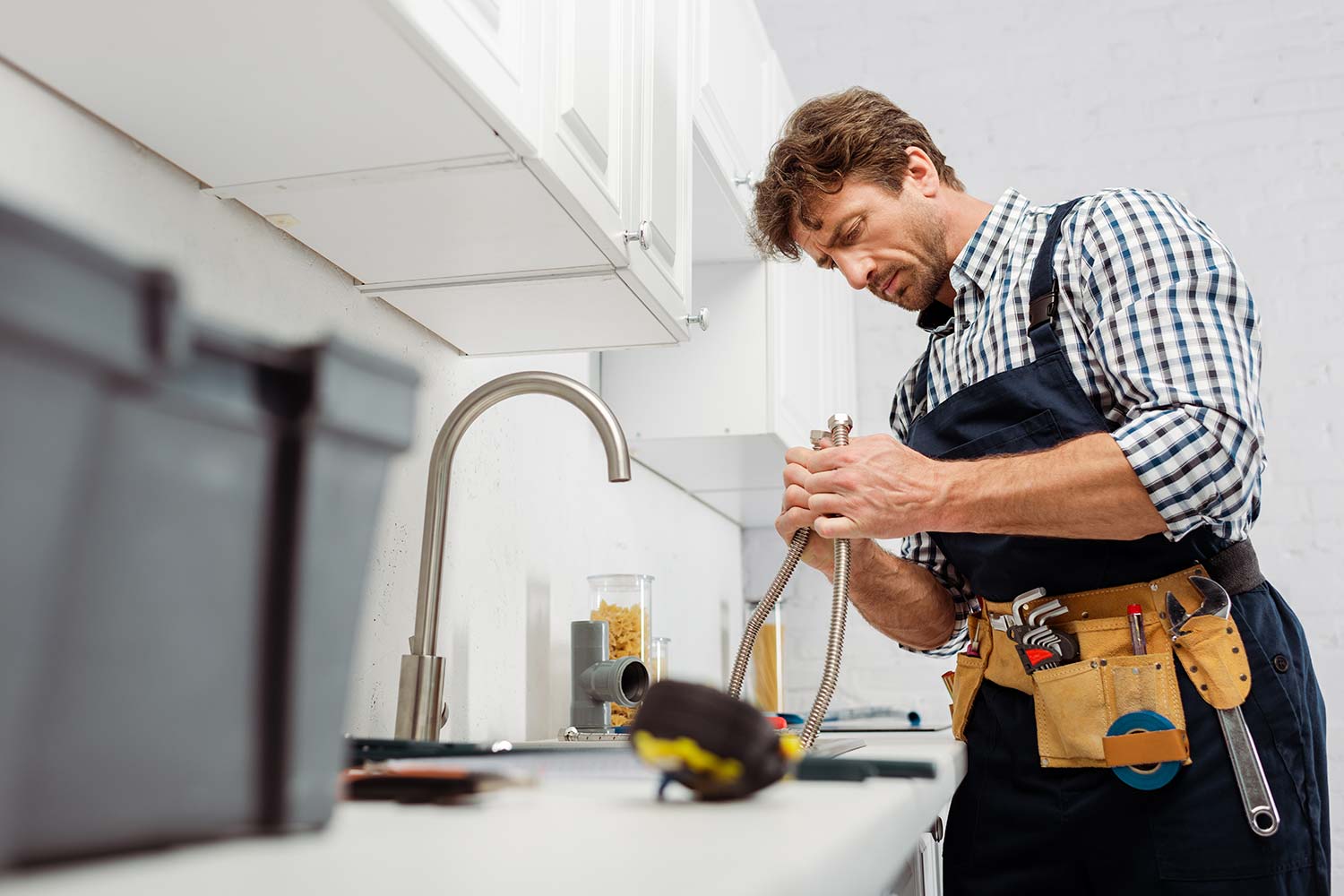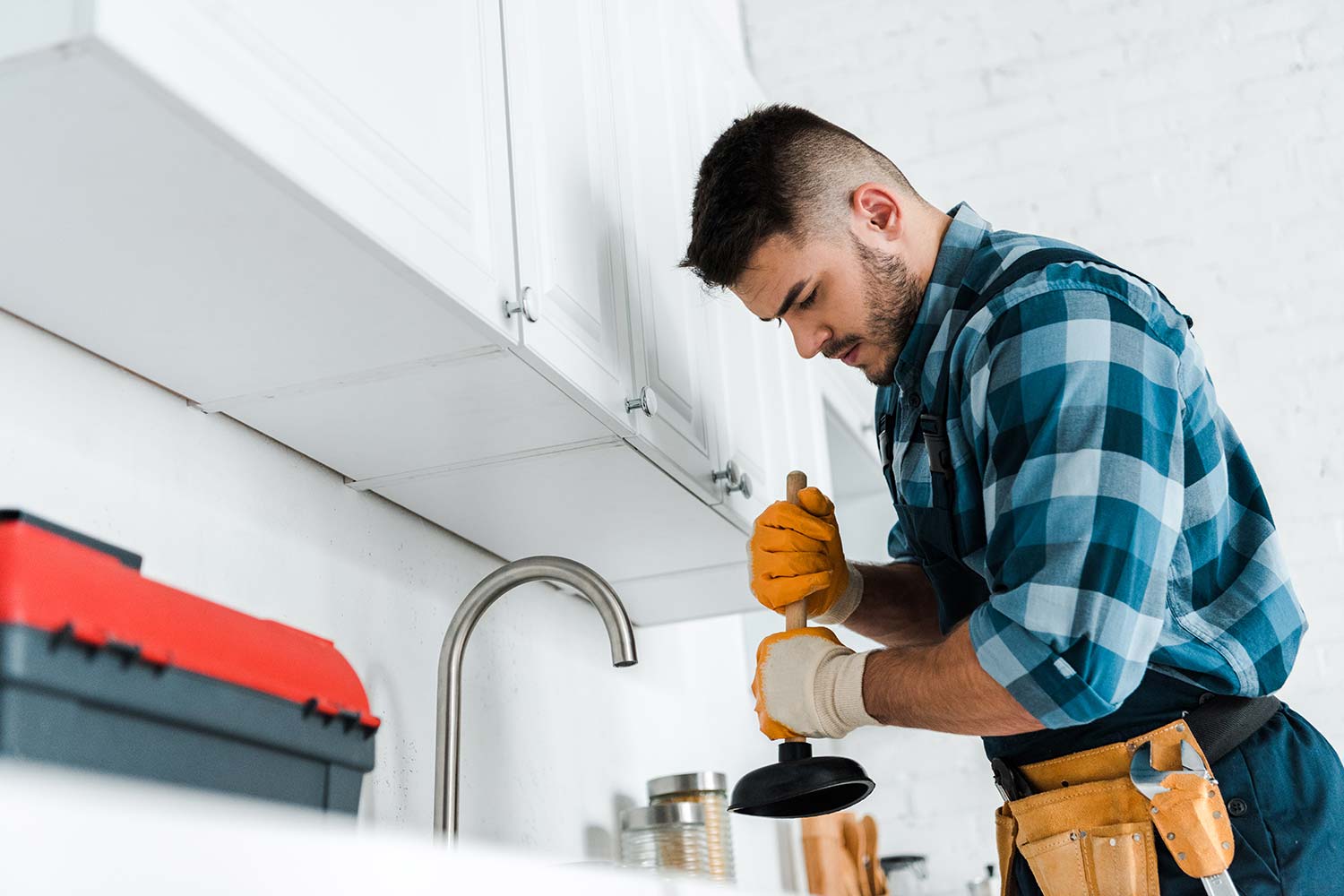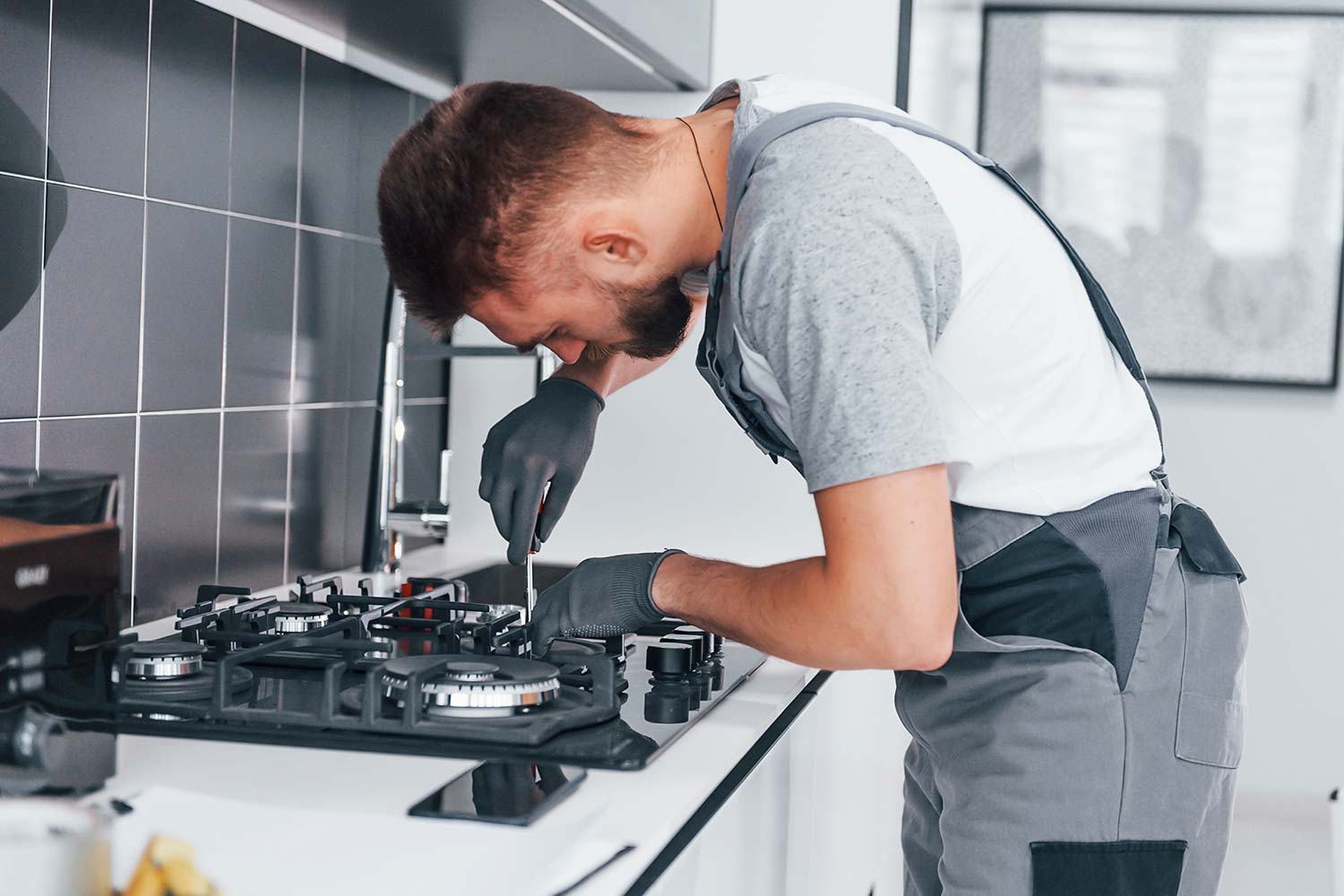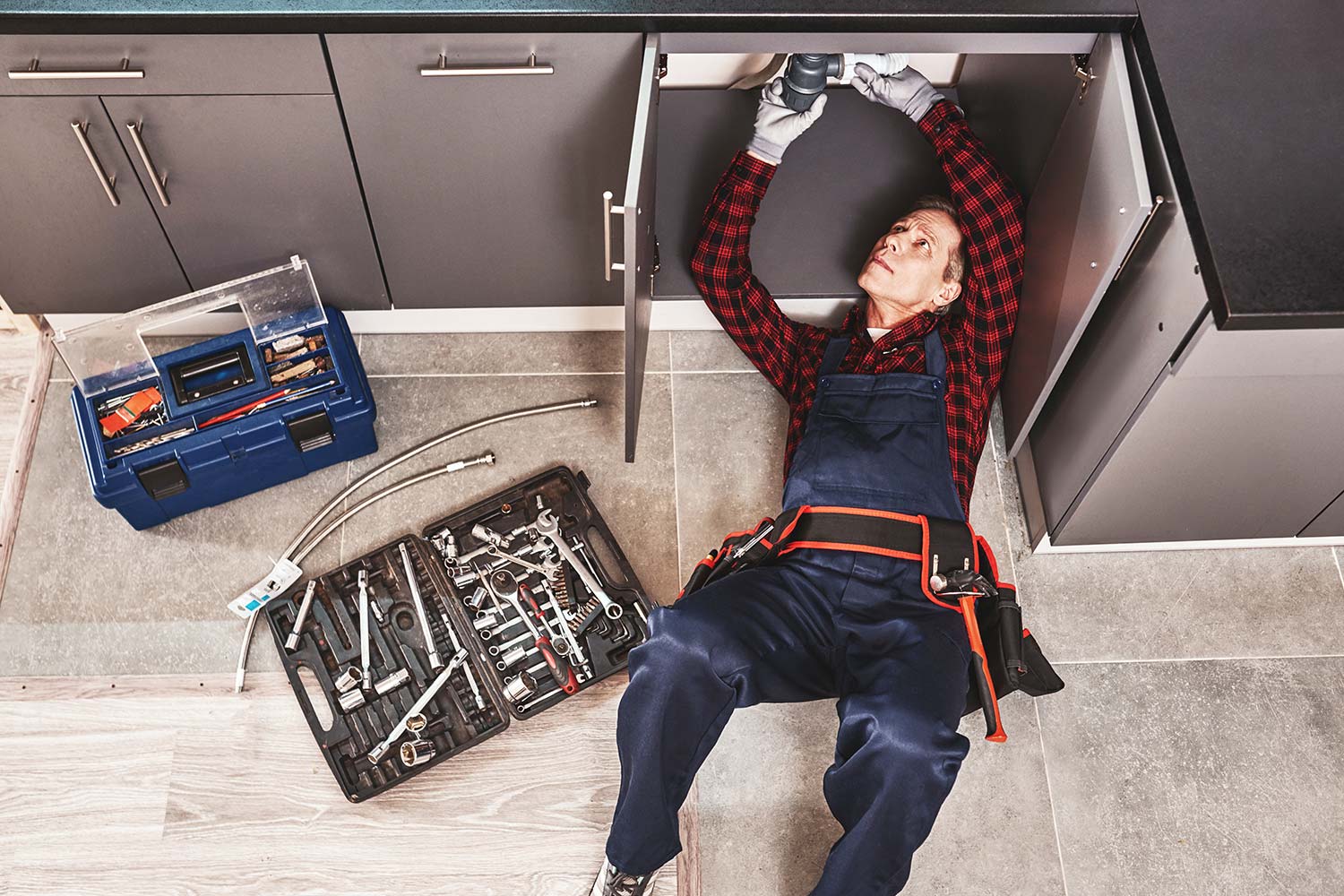Plumbing issues can strike at the most inconvenient times, disrupting daily routines and potentially causing costly damage. Fortunately, understanding common plumbing problems and taking preventative measures can save homeowners a lot of hassle. Here are some of the most frequent plumbing issues and tips to avoid them.
1. Dripping Faucets
The Problem: A dripping faucet is more than a minor annoyance. It can waste gallons of water over time, driving up utility bills.
Prevention Tips:
- Regularly inspect faucet washers and O-rings for wear and tear.
- Avoid excessive force when turning taps on and off to prolong their lifespan.
- Schedule periodic maintenance to check for potential issues.
2. Clogged Drains
The Problem: Accumulated hair, soap scum, grease, and food particles can lead to slow or completely blocked drains.
Prevention Tips:
- Use drain covers to catch debris before it enters the pipes.
- Avoid pouring grease or oil down the sink.
- Flush drains with hot water and baking soda monthly to clear minor buildup.
3. Running Toilets
The Problem: A running toilet wastes water and may indicate issues with the flapper valve, fill tube, or float.
Prevention Tips:
- Test your toilet’s flapper valve periodically to ensure a proper seal.
- Replace worn-out parts immediately to prevent water wastage.
- Avoid using the toilet as a trash can to prevent clogs.
4. Low Water Pressure
The Problem: Low water pressure makes everyday tasks like showering or washing dishes frustrating and may be caused by pipe corrosion, leaks, or buildup in fixtures.
Prevention Tips:
- Clean faucet aerators and showerheads regularly to remove mineral deposits.
- Address any leaks immediately to prevent further pressure drops.
- Schedule a professional inspection if the problem persists to rule out serious issues like pipe corrosion.
5. Water Heater Issues
The Problem: Inconsistent water temperature or lack of hot water can stem from sediment buildup, a failing heating element, or improper thermostat settings.
Prevention Tips:
- Flush your water heater annually to remove sediment.
- Inspect the anode rod periodically to prevent rust buildup.
- Adjust the thermostat to the recommended temperature (usually 120°F).
6. Leaky Pipes
The Problem: Leaky pipes can cause water damage and promote mold growth if not addressed promptly.
Prevention Tips:
- Insulate pipes in colder climates to prevent freezing and cracking.
- Check under sinks and in basements regularly for signs of moisture.
- Tighten loose fittings and replace worn-out seals.
7. Sump Pump Failures
The Problem: A malfunctioning sump pump can lead to basement flooding during heavy rain.
Prevention Tips:
- Test your sump pump regularly, especially before the rainy season.
- Keep the pit clean and free of debris.
- Have a backup power source to ensure it works during power outages.
8. Burst Pipes
The Problem: Burst pipes are often caused by freezing temperatures, leading to significant water damage and repair costs.
Prevention Tips:
- Keep your home heated during winter, even when you’re away.
- Let faucets drip slightly in extremely cold weather to relieve pressure.
- Install pipe insulation in vulnerable areas.
Final Thoughts
If you encounter a plumbing issue that’s beyond your expertise, don’t hesitate to contact McPhae Trade Services at 302-222-1100. Our experienced team is here to help with all your plumbing needs, ensuring your home stays safe and comfortable. Taking small steps now can save you from significant headaches later.




